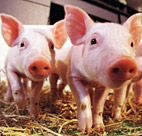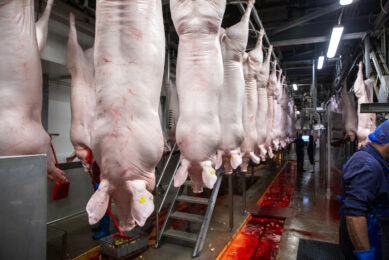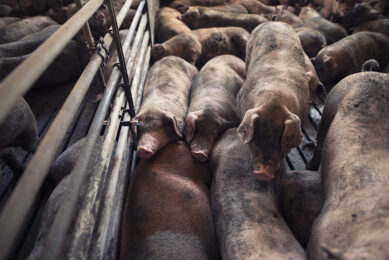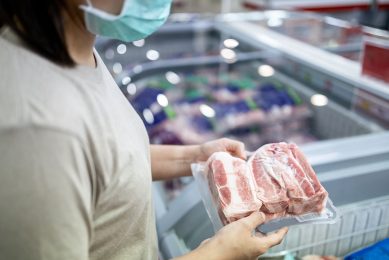Farming cloned animals becomes a reality

The creator of Dolly the sheep, Professor Keith Campbell is calling on farmers ans spreading his belief that animal cloning is the answer to producing cheap food.
Professor Keith Campbell was cited as believing the country’s farms should be populated by super strong, super-sized offspring of clones.
It is believe that the US can expect to be eating clone-farmed meat within the coming two years, and supporters are saying that Europe should follow suit.
The daughter of a US clone cow was born on a British farm for the first time this year, making cloning reproduction a reality. Apparently the intent of this cow is to help breed Britain’s future milking cow herds.
First step to wider use
Campbell said yesterday that this should be the first step to a far wider use of cloned animals to produce food from cattle, pigs, chicken and sheep. He is also supported by campaigners who insist that meat and milk from cloned offspring is identical to the food in supermarkets and should not be labelled.
A controversial issue
However, it is inevitable that this will become a very controversial issue, especially if consumers are denied the right to choose if they will or will not eat cloned food.
Perhaps one of the biggest concerns will be the high number of clone-animal pregnancies that lead to abnormalities, miscarriages and stillbirths.
Accelerate genetic improvements
“It is just another technique that we can add to accelerate genetic improvements to farm animal species,” Campbell argues. “Cloning allows us to multiply elite animals.”
He added that there is ‘no conceivable risk’ in eating food produced from the off-spring of clones, suggesting the only barrier to the technology is public perception.
The US Food & Drug Administration is expected to give approval for the technology, without a requirement for labelling, later this year.
Source: Daily Mail











